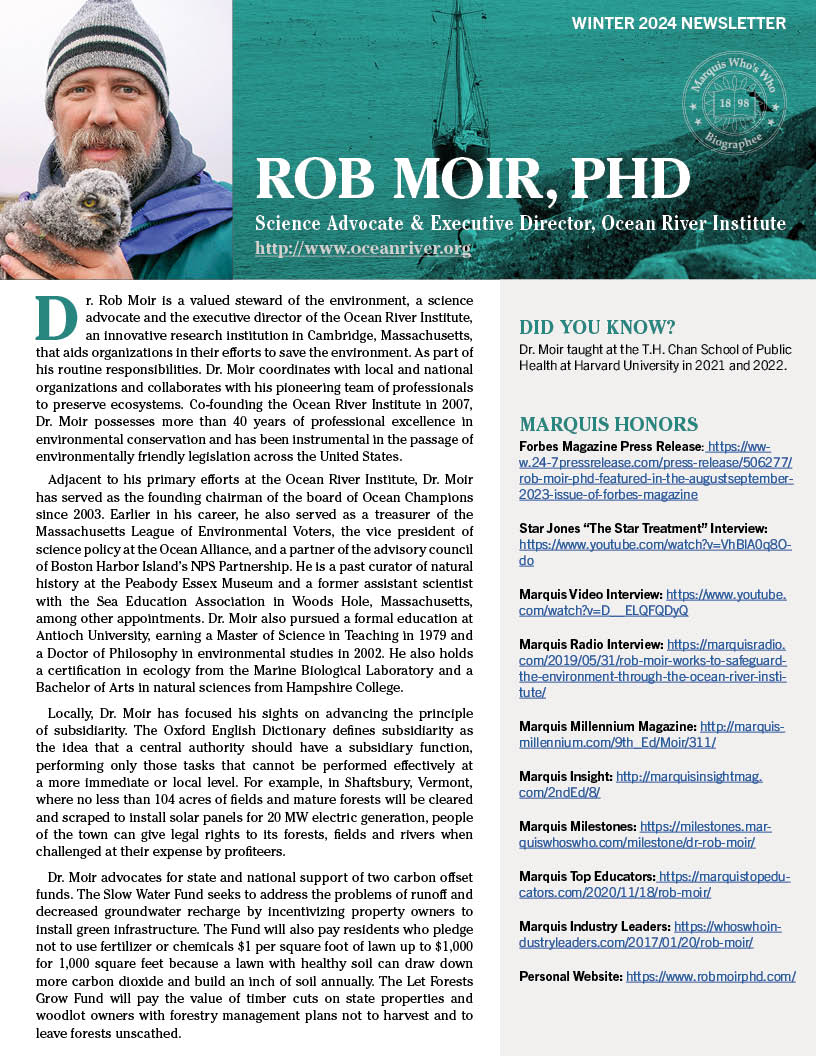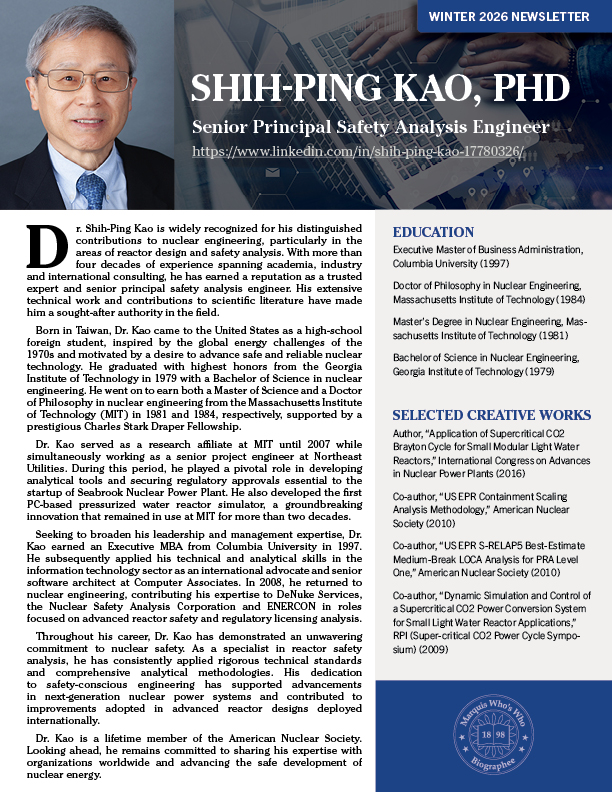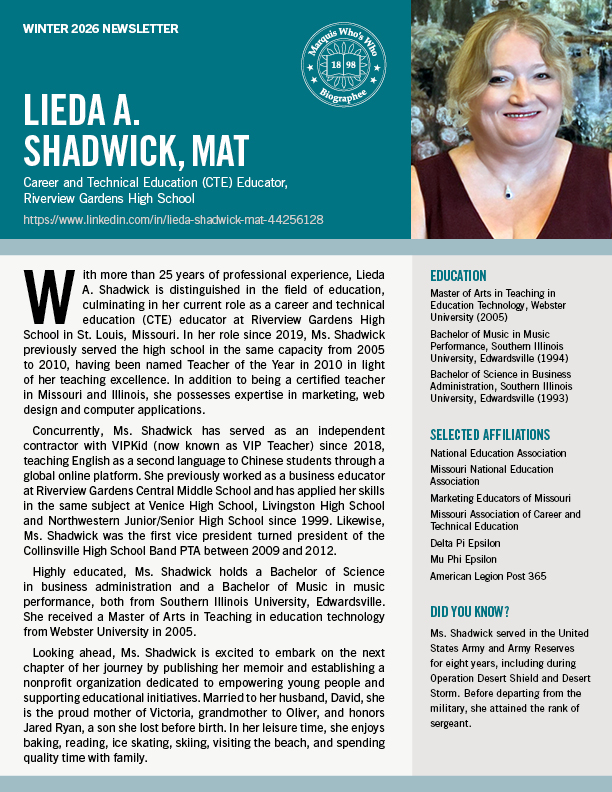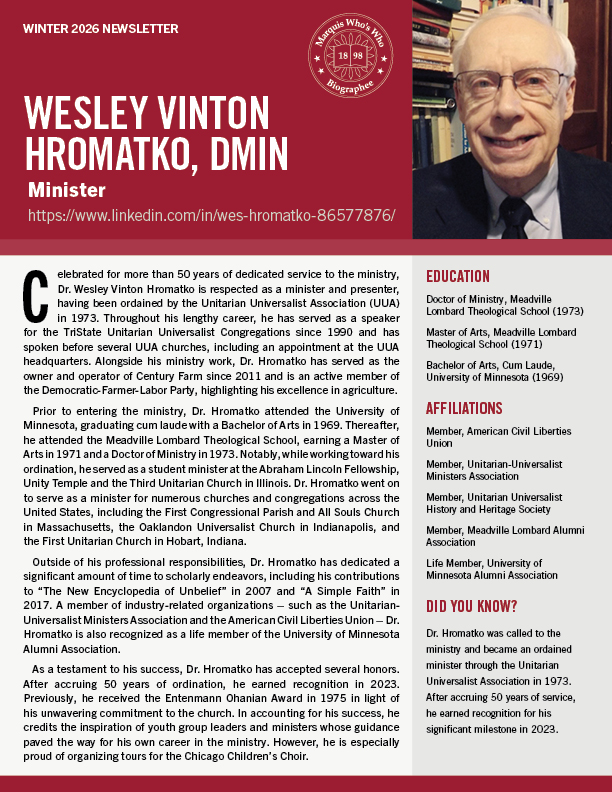
Dr. Rob Moir is a valued steward of the environment, a science advocate and the executive director of the Ocean River Institute, an innovative research institution in Cambridge, Massachusetts, that aids organizations in their efforts to save the environment. As part of his routine responsibilities. Dr. Moir coordinates with local and national organizations and collaborates with his pioneering team of professionals to preserve ecosystems. Co-founding the Ocean River Institute in 2007, Dr. Moir possesses more than 40 years of professional excellence in environmental conservation and has been instrumental in the passage of environmentally friendly legislation across the United States.
Adjacent to his primary efforts at the Ocean River Institute, Dr. Moir has served as the founding chairman of the board of Ocean Champions since 2003. Earlier in his career, he also served as a treasurer of the Massachusetts League of Environmental Voters, the vice president of science policy at the Ocean Alliance, and a partner of the advisory council of Boston Harbor Island’s NPS Partnership. He is a past curator of natural history at the Peabody Essex Museum and a former assistant scientist with the Sea Education Association in Woods Hole, Massachusetts, among other appointments. Dr. Moir also pursued a formal education at Antioch University, earning a Master of Science in Teaching in 1979 and a Doctor of Philosophy in environmental studies in 2002. He also holds a certification in ecology from the Marine Biological Laboratory and a Bachelor of Arts in natural sciences from Hampshire College.
Locally, Dr. Moir has focused his sights on advancing the principle of subsidiarity. The Oxford English Dictionary defines subsidiarity as the idea that a central authority should have a subsidiary function, performing only those tasks that cannot be performed effectively at a more immediate or local level. For example, in Shaftsbury, Vermont, where no less than 104 acres of fields and mature forests will be cleared and scraped to install solar panels for 20 MW electric generation, people of the town can give legal rights to its forests, fields and rivers when challenged at their expense by profiteers.
Dr. Moir advocates for state and national support of two carbon offset funds. The Slow Water Fund seeks to address the problems of runoff and decreased groundwater recharge by incentivizing property owners to install green infrastructure. The Fund will also pay residents who pledge not to use fertilizer or chemicals $1 per square foot of lawn up to $1,000 for 1,000 square feet because a lawn with healthy soil can draw down more carbon dioxide and build an inch of soil annually. The Let Forests Grow Fund will pay the value of timber cuts on state properties and woodlot owners with forestry management plans not to harvest and to leave forests unscathed.
Contact Dr. Moir:


